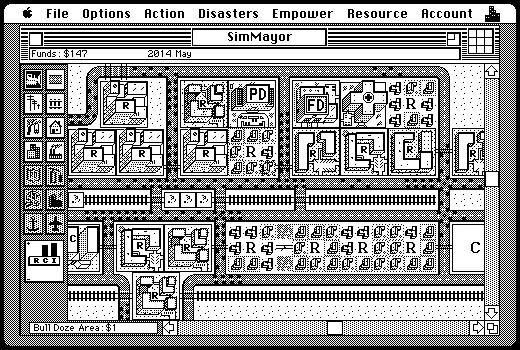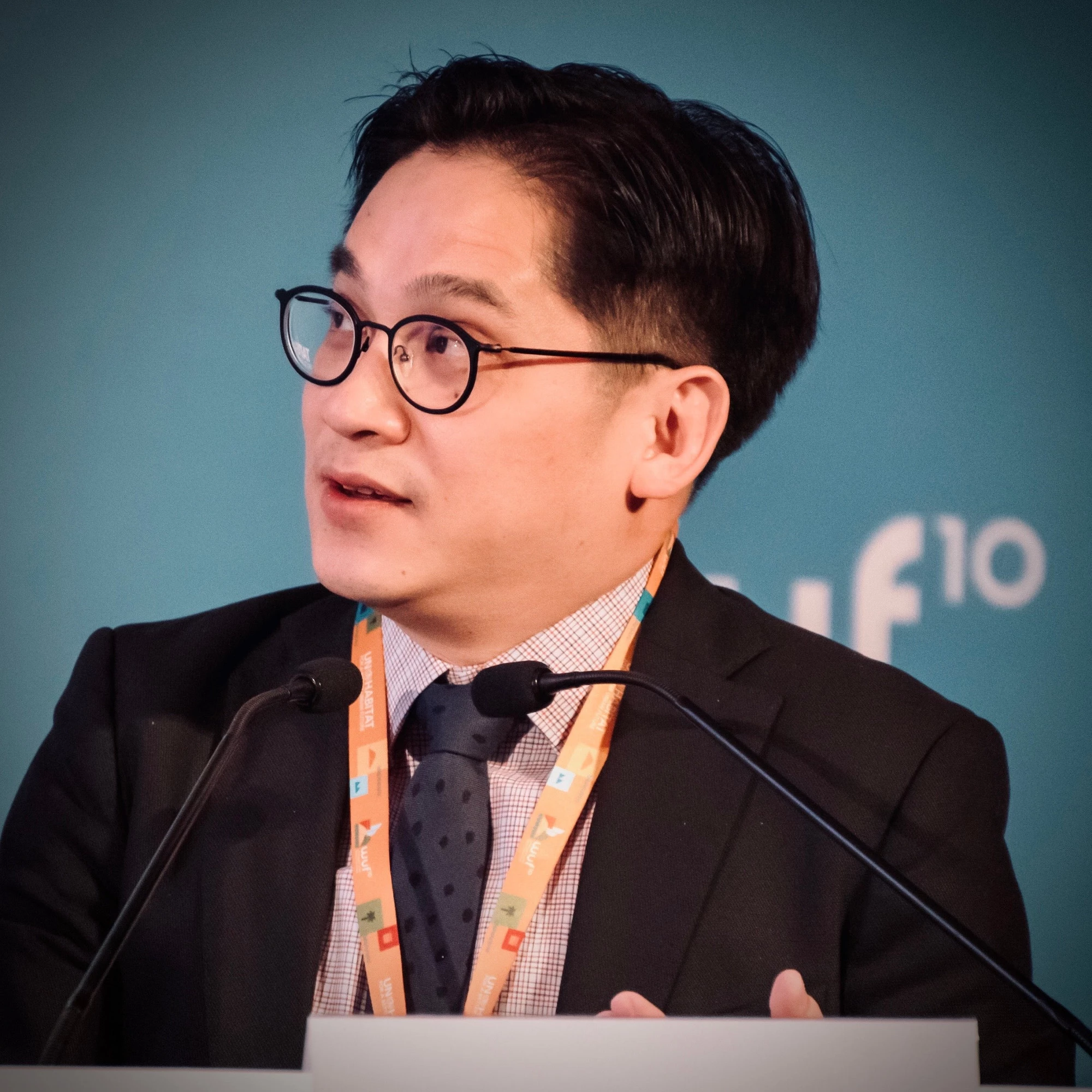Image: Author's Illustration
Freakonomics Radio recently aired a podcast entitled “If Mayors Ruled the World”, based on Benjamin Barber’s new book of the same title, which contends that cities are a good template for governments to rule by, largely due to their mayors who are often uniquely positioned and focused on solving actual city problems. So much so, that he argues for the formation of a “Global Parliament of Mayors” to solve the world’s problems.
Even so, being a mayor of a South Asian city is no easy task. The challenges of city management in South Asia are compounded by its burgeoning urban population. In fact, according to the UN, roughly 315 million people are expected to be added to urban areas in the region by 2030. That number weighs in close to the entire population of the US today. It is no surprise that the theme of managing the challenges of urban transformation was at the top of the agenda at the recent South Asia Regional Workshop and Mayors’ Forum, hosted in Kandy, Sri Lanka.
The Mayors’ Forum, attended by a number of mayors and city leaders from South Asian countries and around, provided insights to what some successful mayors have done for their cities. By being visionary, and at the same time pragmatic problem solvers, mayors have seized opportunities to transform their cities, and quite often out of necessity and within highly constrained environments. Mayors took the opportunity to show how, despite significant institutional and financial limitations, they were able to take proactive initiatives to transform their cities. These were what they had to say:
- On implementation, pragmatism and planning for the longer term. Ultimately, whether it is providing better sidewalks, delivering clean water to the urban poor or tackling corruption, setting tangible outcome targets is key to success. Mayors are not only judged on their ability to fix everyday problems, but they also need to set aside time to focus on longer term goals for their cities. The Mayor of Male, Maldives shared his challenge of utilizing limited land and increasing urban resilience, while the Mayor of Kandy, Sri Lanka sought a strategy to address noise and traffic pollution.
- On public engagement and civic trust. Successful mayors connect with the citizenry. The Mayor of Thimphu in Bhutan shared the importance of meeting citizens frequently and “walking the ground”. He also saw the benefits of using social media and appearances on television debates to enhance transparency in the city’s administration. The Mayor of Dagupan City in the Philippines has even set up a dedicated “City Action Service Team” to respond to public requests and complaints.
- On governance and resourcefulness. Good mayors are resourceful. They not only look externally for resources and assistance, they also look within and ensure that they run a tight ship. The Mayor of Dagupan City demonstrated that she was able to run the city more effectively through reorganization, while also managing a fiscal turnaround through better financial management and greater fiscal discipline.
- On partnerships, and thinking beyond borders and jurisdictions. Cities do not function according to predetermined borders; hence it is necessary to think beyond the confines of administrative powers and boundaries. The Deputy Mayor of Ranchi City in Jharkhand, India saw his role as coordinator for various city departments and international organizations to enhance water access and to improve informal settlements; even as most of the powers to provide these services lie with the State Government. The Mayor of Thimphu opted for a different approach – he has lobbied to take over 200km of city roads from the national Roads Department, so that he could fix the problems whenever the need arises. His rationale? He gets the brunt of citizen complaints when these roads fail, regardless of whether a piece of city infrastructure is under his jurisdiction or not.
- On networking and coopting ideas. Great mayors see opportunity in future challenges, and are not afraid of taking ideas from other cities – they look at what other cities have done successfully and adapt them for their own cities. The Mayor of Kandy shared his idea of rejuvenating the city’s water bodies by connecting the reservoirs on the Kandy hilltops to Kandy Lake, through a waterfall integrated within a city park – he was inspired by what he saw at Singapore’s waterfront Gardens by the Bay on a recent visit. He also changed a major pedestrian crossing based on the famous Tokyo intersection, so that it is safer for people to cross the street while improving traffic flows. Savvy mayors also regularly exchange ideas with other city mayors through various platforms and collaborate to push agendas through. Forum participants also heard from the President of the Municipal Association of Nepal who discussed a new constitutional amendment that would grant greater autonomy to all the 130 municipalities the association represents.
Perhaps only then, when mayors are more empowered and given greater control over resources can they become truly great mayors of South Asian cities.



Join the Conversation